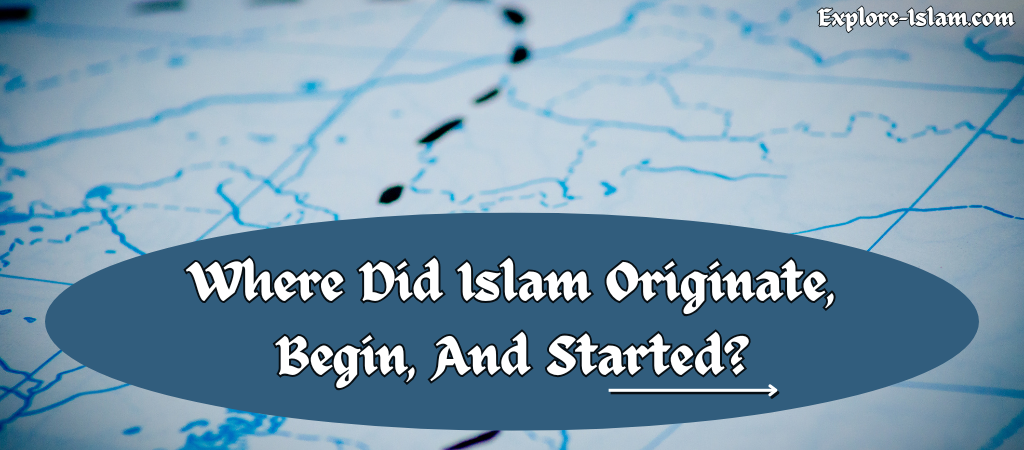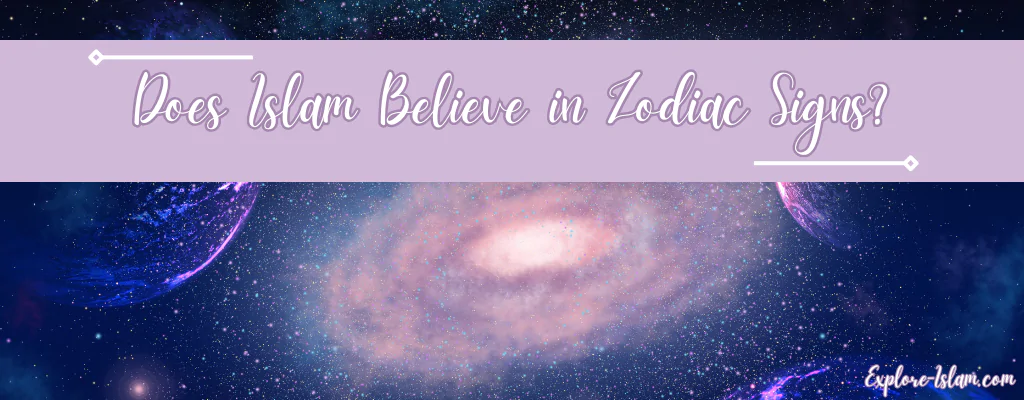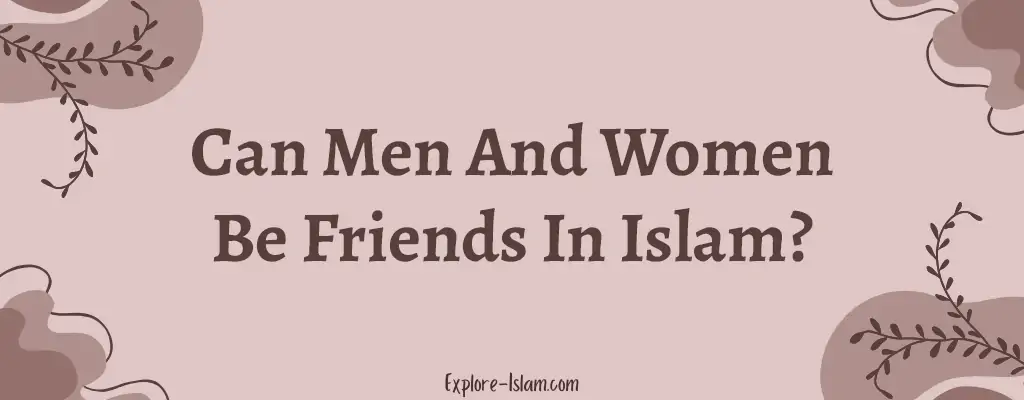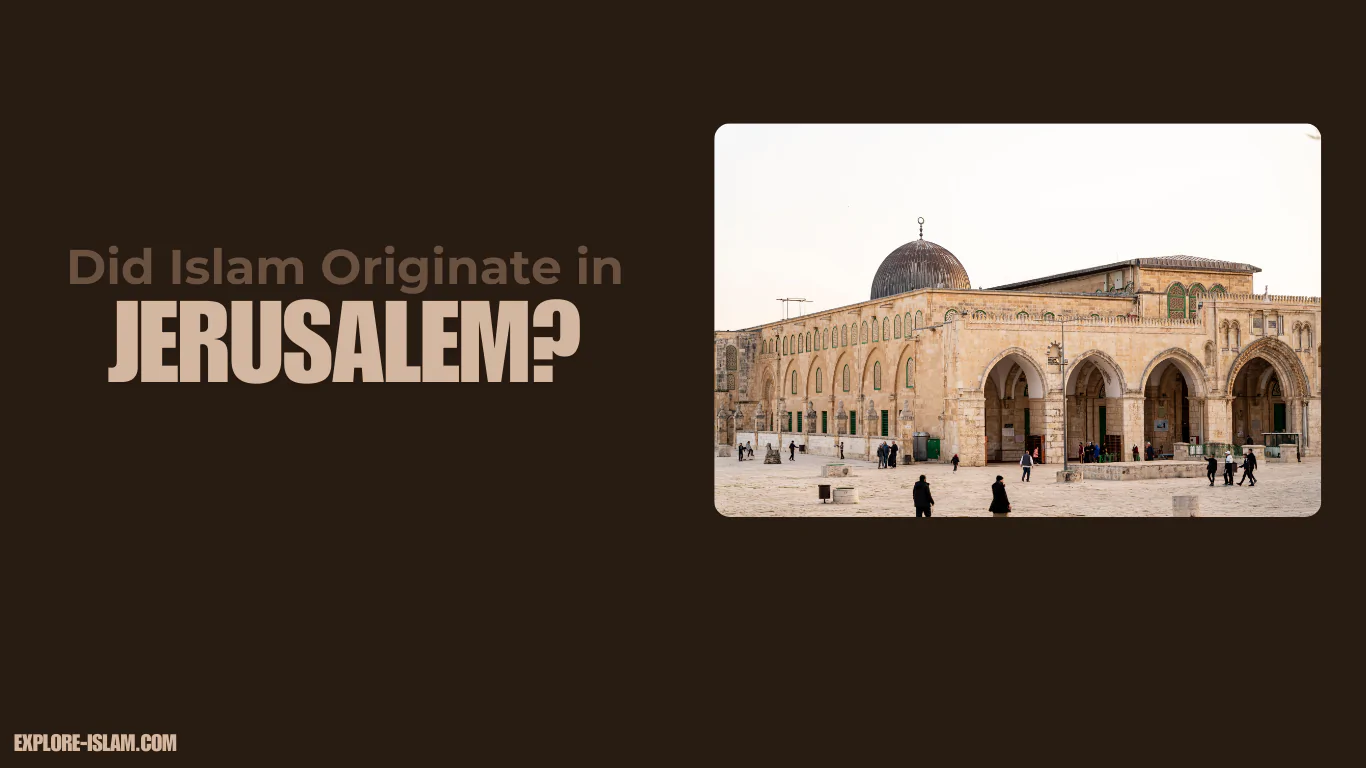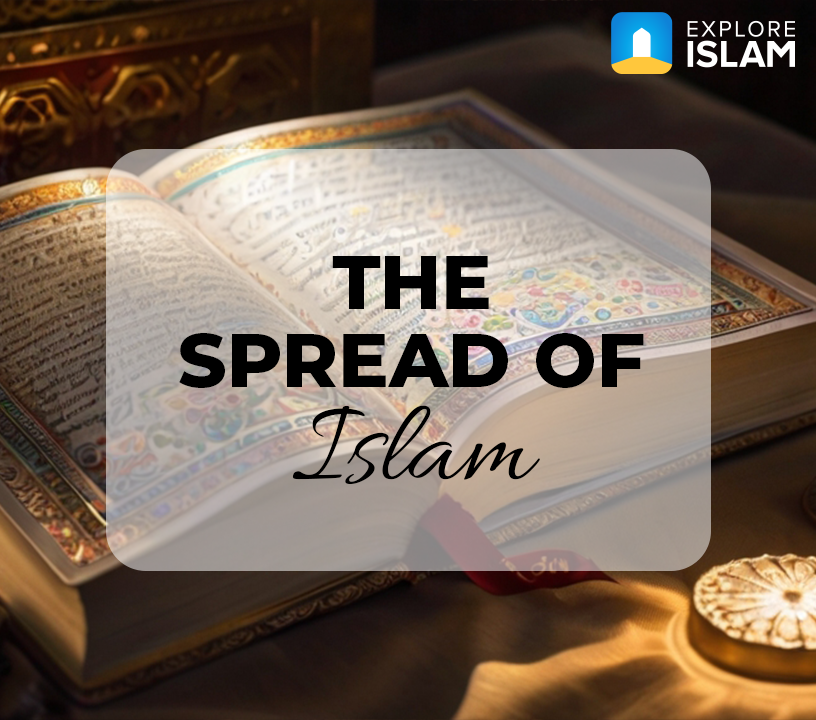Islam is not a violent religion. The idea that Islam promotes violence is a misconception fueled by media bias and political agendas. Islam advocates for peace, justice, and mercy, with violence only permitted in self-defense or as a last resort. The majority of Muslims live peacefully, and terrorism is committed by a radical minority, not reflective of the religion as a whole. Violence is a global issue, not exclusive to Islam.
Islam is frequently misrepresented as a religion tied to violence and terrorism, a narrative perpetuated by misinformation and propaganda aimed at distorting its true essence. This distortion has led many to falsely associate Islam with acts of aggression, overshadowing its core principles of peace, justice, and mercy.
This article discusses the myth that links violence and terrorism exclusively to Islam and highlights how Islamophobia drives this misconception. It refutes the false notion of the redneck history of Islam and provides evidence that most acts of terrorism are not committed by Muslims.
By exploring the philosophy of moderating power in Islam, the article underscores Islam’s true stance on violence, which is based on justice, defense, and ethical conduct. Understanding these principles helps reveal the reality of Islam and dispels the harmful narratives that have been used to mislead many.
Is Islam A Violent Religion?
Islam is not a violent religion. The misconception linking Islam to violence is driven by media bias, political agendas, and misrepresentation. Islam, like other religions, has been misinterpreted by some extremists, but the core teachings promote peace, justice, and mercy.
The religion of Islam encourages moderation in all aspects of life, including the use of power, ensuring that violence is only used in justifiable circumstances and that mercy is prioritized.
The history of Islam, as well as the majority of Muslims today, stands in contrast to the stereotype of violence. Most Muslims are peaceful, and acts of terrorism are committed by a small, radical minority. Violence and terrorism are not unique to Islam; they are human issues that exist across all religions and cultures.
Is the History of Islam Violent?
The idea that Islam has a violent history is a misconception largely created by biased media narratives, political agendas, and Islamophobia. The connection between Islam and terrorism is a fabricated link designed to stigmatize a religion practiced by nearly one-fourth of the global population. Here’s a breakdown of why this association is inaccurate and how violence is a broader human issue rather than something exclusive to Islam.
Media and Political Manipulation
The link between Islam and violence is synthesized by:
- Media outlets sensationalizing stories.
- Politicians exploiting fear to further their agendas.
- Islamophobes spreading hate.
This misinformation leads people to believe Islam is inherently violent, even though violence and terrorism exist in all cultures and religions. The key to breaking this false association is to seek out unbiased information and question the sources that promote these stereotypes.
Violence Is a Global Issue, Not a Muslim One
Throughout history, acts of violence and terror have been committed by people from all backgrounds, religions, and nationalities. Some examples include:
- Christian Americans: Dropped nuclear bombs, killing hundreds of thousands.
- Secular France: Responsible for over a million civilian deaths in Algeria.
- Jewish Israel: Ongoing occupation leading to the deaths of hundreds of thousands of Palestinians.
- Atheist Soviet Union: Red terror and Great terror under communist rule.
- Other nations: Japan, Germany, and Spain have also committed atrocities in history.
Despite this, the term “terrorism” is almost exclusively used when referring to Muslims, creating a skewed and hypocritical narrative.
Most Muslims Are Not Terrorists
Muslims make up nearly 25% of the world’s population, yet the majority are peaceful and do not engage in terrorism.
The perception that “all Muslims are terrorists” stems from the constant bombardment of negative stories in the media. If this type of propaganda were used against other groups (Christians, Jews, black people, etc.), it would be quickly recognized as racism or bigotry.
To understand reality, it’s essential to question why only Muslim-related violence is labeled “terrorism” while similar or worse acts by others go unnoticed or are framed differently.
Open Your Eyes: The Reality Beyond the Stereotypes
Many people are beginning to wake up to the truth and realize that terrorists come from all walks of life. Those who insist on linking terrorism to Islam are often the ones profiting from the conflict and division.
Just imagine if violence committed by other groups were labeled in the same way. It would expose the clear double standard and hypocrisy in the current narrative.
The truth is simple: Not all Muslims are terrorists, and not all terrorists are Muslims. The association between Islam and terrorism is a dangerous fallacy.
Muslims are the targets of Terrorism
One of the most overlooked aspects in discussions about terrorism and violence is the fact that Muslims are often the victims of these very acts. When you examine the facts surrounding the systematic violence, hate crimes, and terrorism directed at Muslim populations, the extent of the Islamophobic brainwashing becomes clear and shocking. Here are some examples of large-scale atrocities faced by Muslims across the globe:
- Iraq: Millions of Iraqis have been killed as a result of systematic terrorism driven by American intervention.
- Algeria: Millions of Algerians were victims of French systematic terrorism during their colonization.
- Afghanistan: Millions of Afghans have been killed due to terrorism inflicted by both American and Russian forces.
- Palestine: Palestinians have endured over a century of unimaginable brutality under Zionist terrorism.
- Uyghurs in China: Uyghur Muslims are being systematically targeted by state-sponsored terrorism in China.
- Rohingya in Myanmar: The Rohingya Muslims continue to suffer brutal persecution at the hands of Buddhist extremists, largely ignored by the global community.
- Bosnia: Just 30 years ago, Muslim Bosniaks faced genocide at the hands of Christian fanatics in the Balkans.
While the world often reacts strongly to isolated acts of violence, the mass killings, torture, and genocide of millions of Muslims are often ignored or downplayed. This double standard must be addressed. Educate yourself, stand against bigotry, and demand an end to terrorism in all its forms.
Thus, violent history attributed to Islam is largely a myth fueled by propaganda. When you look at history with open eyes, you see that violence is a global issue that transcends religion, race, and nationality. Muslims are often the victims, not the perpetrators, of violence. The next time you hear Islam being linked to terrorism, ask yourself: Who benefits from this narrative, and what is the real truth?
How Does Islam Moderate Power?
Violence is a persistent issue in human societies, but Islam provides a comprehensive solution through its principles of moderation, justice, and mercy. These three elements guide how power is exercised, ensuring that violence is neither rampant nor ignored. Islam does not promote pacifism or aggression but strikes a balance that prevents both tyranny and oppression.
Moderation: The Balance of Justice and Mercy
Islam promotes moderation in all aspects of life, including the regulation of power. It neither encourages excessive violence nor passivity. Muslims are permitted to resist oppression and defend themselves while also being restricted from excessive retaliation.
The general rule of moderating power in Islam is mentioned in the following Quranic verse:
“The reward of an evil deed is its equivalent. But whoever pardons and seeks reconciliation, then their reward is with Allah. He certainly does not like the wrongdoers.” [Quran, 42:40]
Moreover, Islam resolves violence through moderation, ensuring justice and mercy are applied in balance. An example of murder is illustrated in the following Quranic verse:
“Do not kill the soul which Allah has made sacred, except by right.” (Al-Israa 33)
Through this balance, Islam ensures that violence is only used within the boundaries of justice and that mercy is encouraged wherever possible.
Justice: A Core Principle in Moderating Power
In Islam, justice is essential to maintaining societal balance. If someone transgresses, they must face retribution equal to their offense. This principle is clear in cases of personal injury:
- “An eye for an eye” is a Quranic rule that ensures justice, preventing further harm by establishing consequences for violence.
- Retribution discourages acts of violence by making people vigilant, knowing that their actions will have repercussions.
Justice in Islam is not about revenge; it’s about maintaining social order and preventing further harm. As the Quran states:
“Do not let the hatred of a people prevent you from being just. Be just; that is nearer to righteousness…” (Al-Ma’idah 8).
Mercy: A Step Above Justice
While justice is important, mercy is equally emphasized in Islam. Mercy is seen as a step above justice, allowing individuals to forgive rather than retaliate. Mercy is not forced, but a personal choice that can elevate society beyond mere retribution.
- Islam teaches that there are three levels of response to aggression:
- Injustice: A sin against God and others.
- Justice: The removal of injustice by equal retaliation.
- Mercy: Forgiveness, which is a voluntary, higher form of justice.
The Quran and the Prophet Muhammad emphasize the importance of mercy:
- Almighty God says in the Noble Quran: “And whoever is patient and forgives–surely this is a resolve to aspire to” Ash-shuraa 43
- In another Quranic verse, Almighty God says: “And let them pardon and forgive, don’t you like that Allah forgives you and Allah is the most forgiving and most merciful” An-nur 22
- And the prophet peace be upon him says: “Those who are merciful the all-merciful will have mercy over them.” Tirmidhi:1924 Sahih
Mercy, when offered willingly, becomes a higher virtue and prevents the cycle of violence.
To sum up, Islam moderates power by striking a balance between justice and mercy, ensuring that violence is controlled and tempered. The teachings of moderation, justice, and mercy offer a sustainable approach to handling power that prevents both tyranny and passivity. In contrast to modern societies, where mercy is often neglected and victims are forced to forfeit their rights, Islam offers a just and merciful solution.
Is Terrorism Violence Based On Islamic Teachings?
Terrorism is a term that, despite its widespread use, still lacks a universally accepted definition. This is no coincidence. The moment it is clearly defined, it would expose the real perpetrators behind many acts of terror—many of whom are not Muslims.
The term has been strategically weaponized to unfairly target Muslims, while countless terrorists of different backgrounds—whether white, black, Christian, Buddhist, or atheist—go unmentioned.
Despite the existence of non-Muslim warmongers responsible for shedding innocent blood, the media and political forces have perpetuated a dangerous narrative that ties terrorism exclusively to Islam. But terrorism has no religion, and to equate it with Islam is a grave injustice.
The exclusive use of the term “terrorism” for acts committed by Muslims while ignoring similar atrocities by others reveals a deep hypocrisy. Islamophobes, politicians, and the media have all contributed to this misleading narrative, creating a delusion in the public’s mind.
The same violent acts, when committed by non-Muslims—whether Jews, atheists, Christians, or others—rarely receive the label of “terrorism.” This bias not only marginalizes innocent Muslims but also ignores the countless victims of non-Muslim terrorists. The reality is clear: this narrative is not about addressing terrorism but about spreading hate and fueling Islamophobia.
Conclusion
Islam and violence have often been unfairly linked due to misinformation. Here’s a breakdown of the real truth:
- Violence is a human issue, not tied to any specific religion or race.
- Associating violence with Islam or any faith is an act of bigotry that fuels hatred and more violence.
- Most terrorists are not Muslims, and most Muslims are not terrorists.
- Millions of Muslims have been victims of terrorism and hate crimes across the globe.
- The way to combat terrorism is to fight hate speech and Islamophobia.
- Islam provides a moderate solution to violence, neither ignoring it nor condoning it.
- It teaches controlled justice while rejecting excessive and unjust violence.
- Islam balances justice with mercy, creating a just and peaceful framework for society.
Learn the truth for yourself, free from propaganda. Discover the beauty of Islam by reading the Quran and understanding its message of peace and justice. Start a conversation with our team now for more illustrations!


